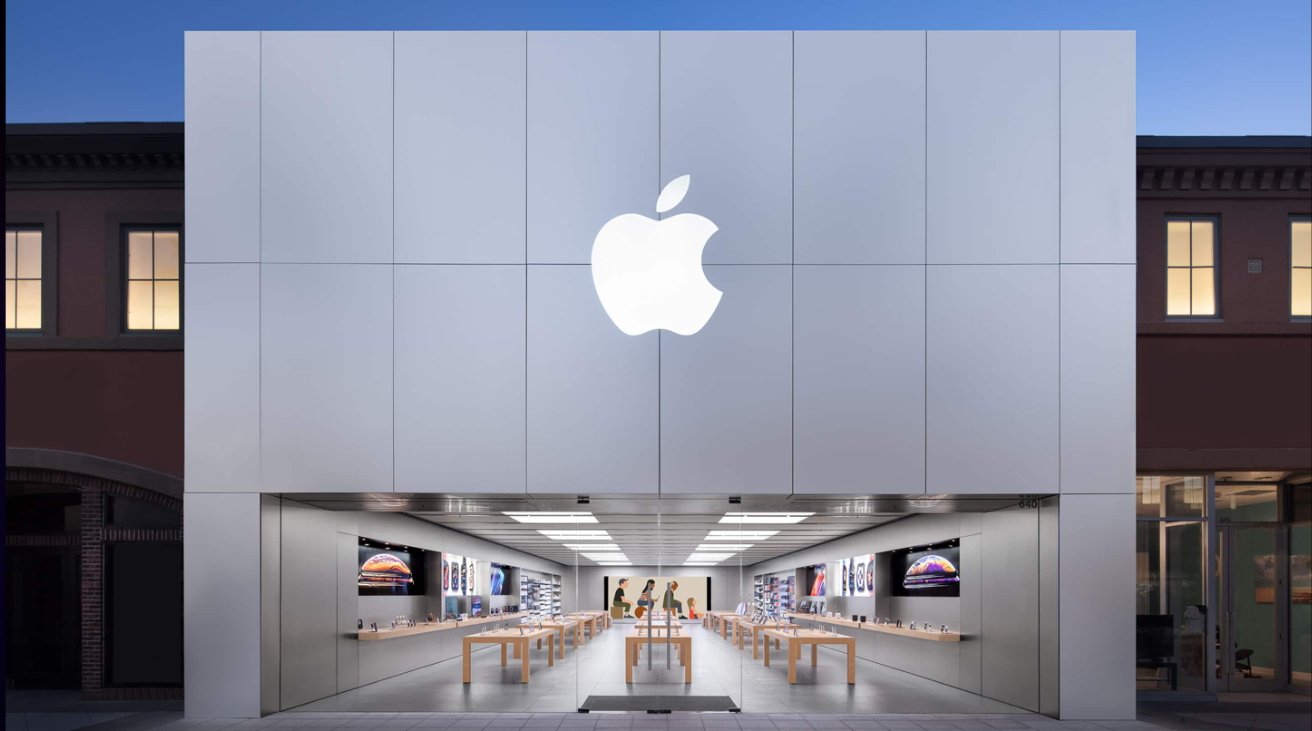Apple lobbyists helped kill child online safety bill
Apple may be adding new ways to combat smartphone addiction, but it's also spending millions on lobbying regulators to limit what it's required to do with the iPhone and App Store.

Apple Mall of Louisiana
According to the Wall Street Journal, multiple states are looking to regulate teen smartphone use, and can all expect pressure from Apple. Detailing one effort in Louisiana earlier in 2024, the publication says Apple hired four additional lobbyists and who began contacting legislator Kim Carver.
"I'd describe them as panicked," Carver said. "[Apple's outreach was] all day, every day. At that point, I was like, 'OK, we're done talking.'"
The issue was over a social media bill that would require Apple to add and enforce age restrictions through the App Store, instead of leaving it to individual apps.
"I didn't want to absolve Meta, Instagram, TikTok or Snapchat from their responsibility," Carver said. But during discussions with technology firms, a lobbyist for Meta persuaded him that it made more sense for the App Store to take responsibility.
Carver agreed that it would be better for parents to have one place they could trust, instead of having to repeat age verification with every app their children used. Consequently, Carver included Apple in his proposed legislation, despite a reported flurry of text messages from the company's lobbyists calling out the "poison pill from Meta."
Separately, an Apple spokesperson alleged that Meta was trying to deflect attention away from its own challenges with child safety. The spokesperson said Apple provides parental controls, and it sharing age details with third-party apps would be a violation of privacy.
In order to be voted on by Louisiana's Senate, a key committee would have to approve it, and Carver says he began to hear that the bill could be in trouble. While Apple denies this, Carver says he was warned that the state could expect to be sued if the bill included the App Store requirement.
Carver then consulted with chair Senator Beth Mizell. While he would not disclose the advice she gave him, Carver told the Wall Street Journal that "I made the choice to take the win that we could get."
The App Store requirement was removed from the bill, which then easily passed the Senate. Reportedly, an Apple lobbyist thanked Carver for not trying to get the clause restored.
No Apple lobbyists have commented, and Senator Mizell has said only that other states have not pursued the App Store in this way.
Carver now hopes to propose the App Store requirement in the state's next session. Having now set up his 14-year-old daughter's iPhone, he said that "I quickly realised that Apple's parental controls aren't the panacea they're promised to be."
Apple has tended to spend less on lobbying than rivals such as Facebook and Amazon. However, in 2021, its lobbyists allegedly offered to invest in Louisiana's education system if App Store legislation were dropped.
Read on AppleInsider

Comments
Apple was right to push back.
That being said, I would love for Apple to provide much more fine grained tools for managing the devices my child uses so I can better protect him rather than leaving it up to anyone else.
PLEASE Apple, give us parents these tools on device rather than giving our info to third parties.
Incidentally I saw on the news the other day, there’s a push here in New Zealand to have social media platforms restricted to 18 which I 100% back.
Of course, politicians probably won't like being sued for distributing false information, and special interest groups might not survive the first big lawsuit challenging how truthful they are. Then of course we'll need some official and government-santioned group tasked with determining if a claim is true or not, or if a piece of content is patently offensive. And someone other group will have to decide who should be on that committee or agency. Then some group or political action committee will claim their constitutional rights are being violated by that group, and how dare some big tech be encouraged to sue them anyway.
Oh my, so much involved when at least a large portion of the responsibility could be assigned to Apple and Google to privately and securely age verify without sharing anything at all with the app itself. Your privacy and that of your child is maintained. Wouldn't this go most of the way in keeping adult content away from children via a social app? Unless of course, the parents approve otherwise, and sadly many of them would IMO.